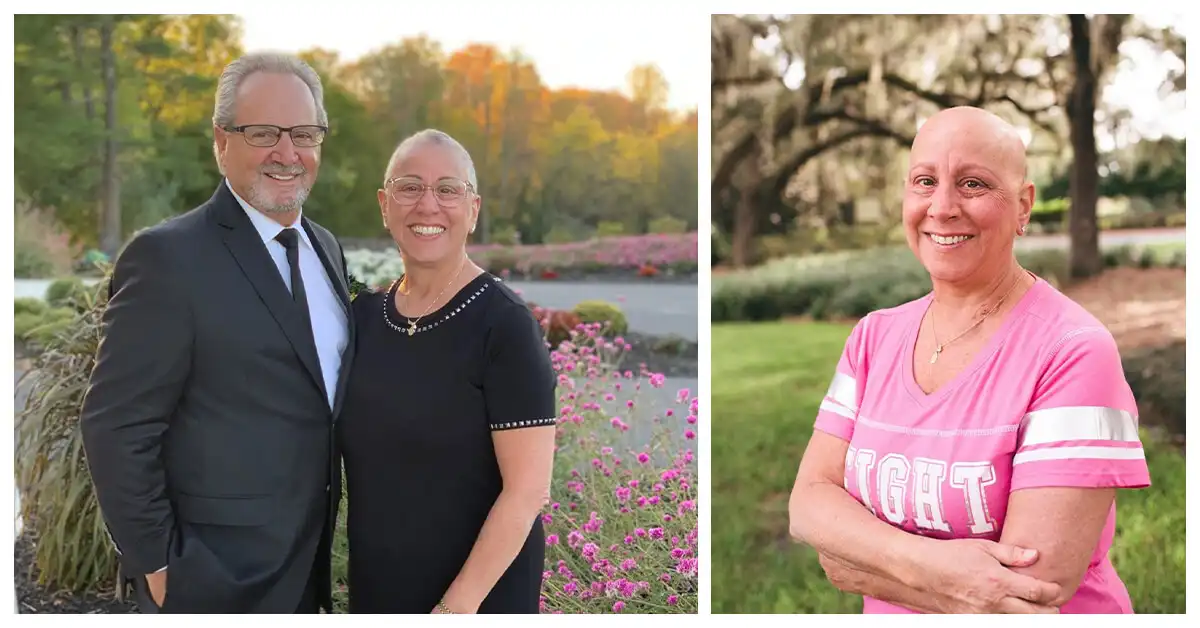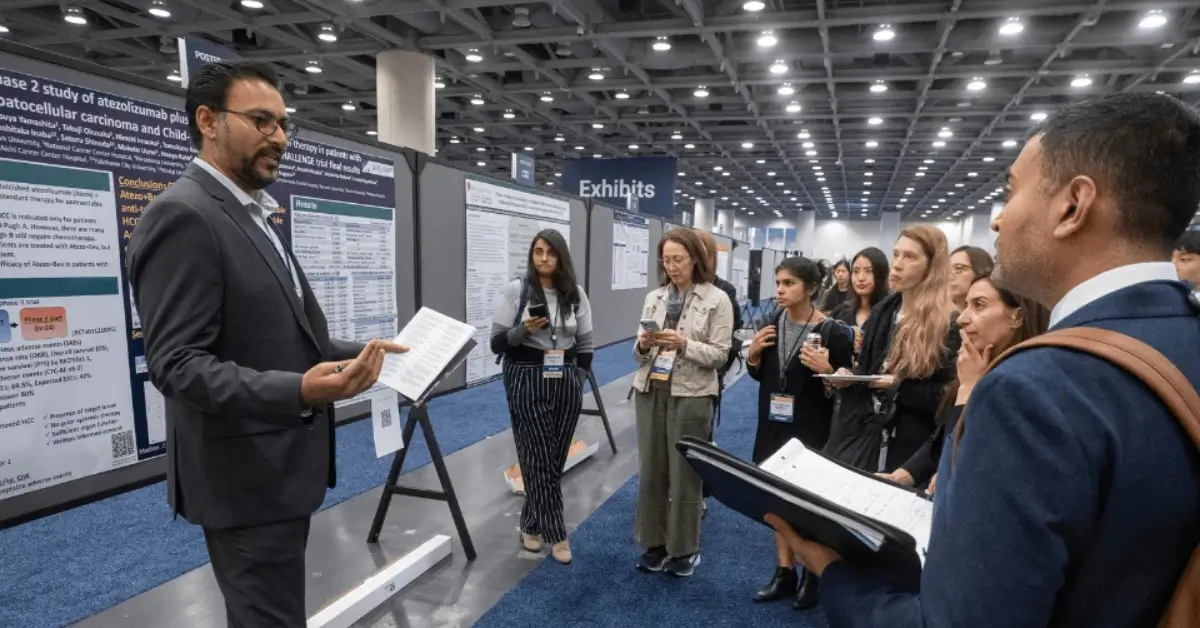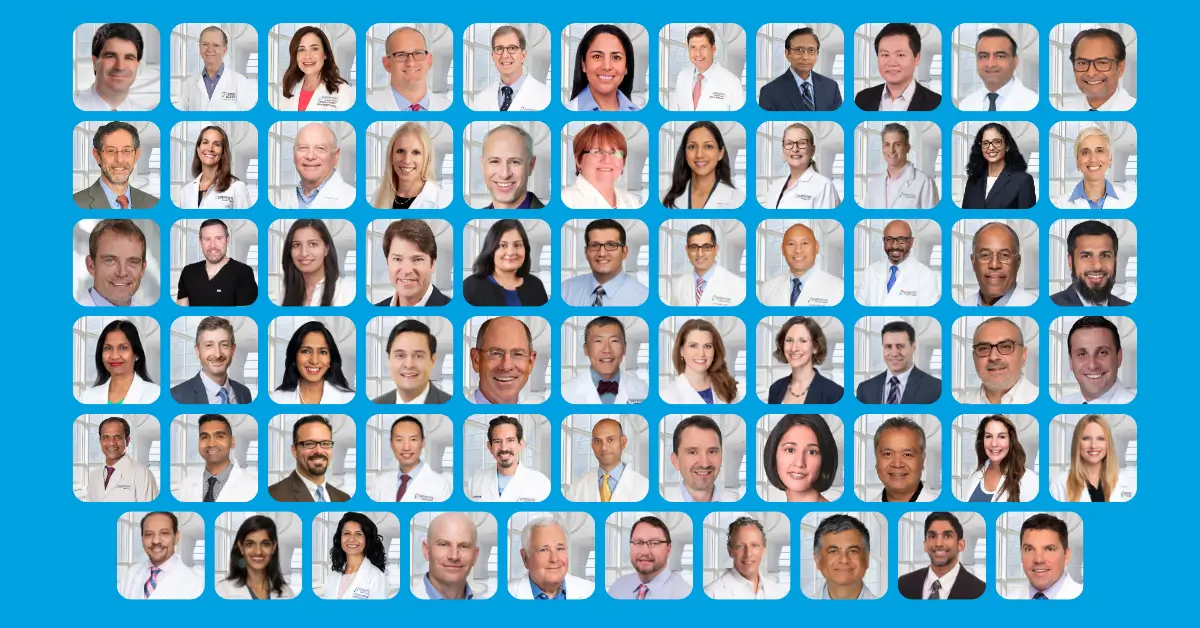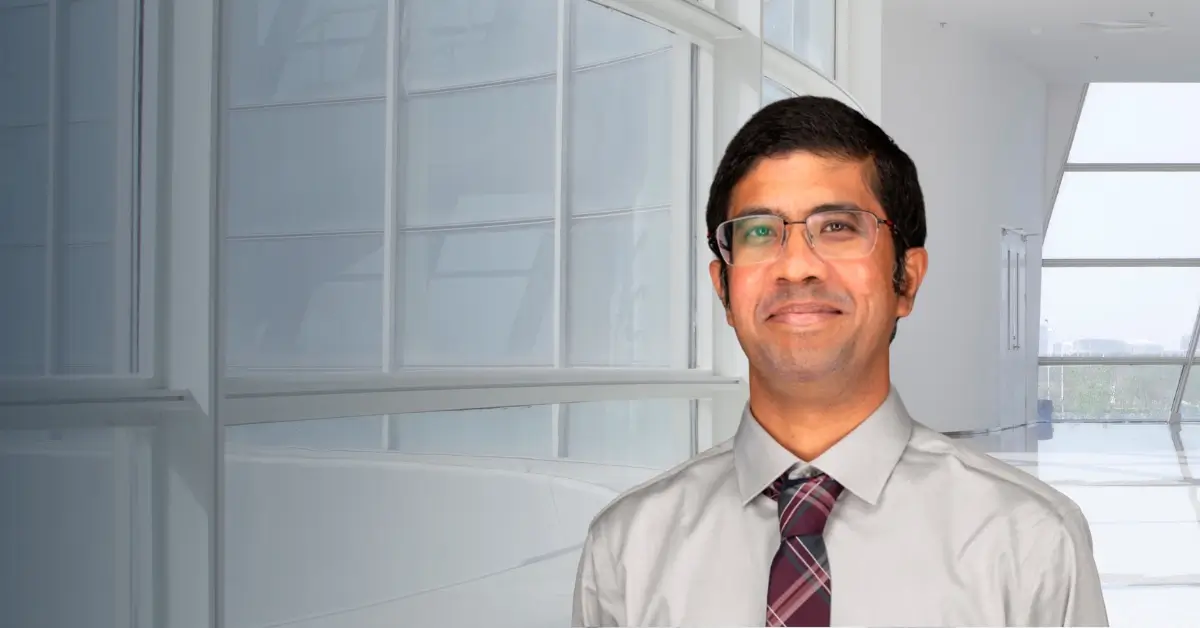Breast Cancer Treatment - A Patient's Perspective on Modern Advances

Breast Cancer Treatment: A Patient’s Perspective on Modern Advances
Angie Trabucco’s cancer journey began 15 years ago. She has experienced first-hand how dramatic advancements in targeted therapies and novel treatment approaches are enabling patients to continue living their best lives.
“Treatment has come a long way from the time that I was first diagnosed,” Angie said. Here is her story.
While doing a routine breast check in the shower one morning, a self-screening she did regularly in light of her family’s long history with the disease, Angie felt a small, pea-sized lump in her left breast and an enlarged lymph node near her collarbone. She notified her Ob-Gyn right away. In December 2009, at age 50, Angie was diagnosed with invasive ductal carcinoma HER2 triple positive.
“It was an aggressive form of breast cancer, so my doctors acted fast,” she recalls. Following surgery to remove surrounding lymph nodes, Angie was referred to Sandeep Thaper, MD, medical oncologist and hematologist at Florida Cancer Specialists & Research Institute (FCS).
Angie and her husband, Desi, arrived for their first meeting with Dr. Thaper with plenty of questions jotted down inside a binder. “He was so kind and comforting,” Angie said. “He walked us through the treatment plan, discussed potential side effects I might encounter, and answered all of our questions. We knew we were in good hands.”
Although Angie had been through surgeries and other medical procedures in the past, “my hair loss made everything I was going through all the more real,” she remembers.
In addition to 12 rounds of chemotherapy and 37 radiation treatments, Angie endured 17 infusions of Herceptin administered every 21 days for one full year. Herceptin had received FDA-approval in September 1998 as the first targeted therapy anticancer drug for HER2-positive breast cancer. It attaches to HER2 receptors on cancer cells to destroy or stop them from growing and dividing.
Because she was still producing estrogen, which can drive the growth of cancerous breast cells, Angie was placed on hormone blockers to inhibit further growth. Ten years later, in early 2020, with her cancer markers within range, blood work coming back normal and routine scans that were clear, use of hormone blockers was able to be discontinued.
On July 1, 2020, however, after a routine MRI showed a lesion on Angie’s liver, a biopsy confirmed that breast cancer cells had spread. “My life was set into a whirlwind once again,” Angie said. “I had my port put back in on July 14, 2020.”
With Dr. Thaper still by her side, Angie’s treatment plan included 12 rounds of chemotherapy along with infusions every 21 days of the drug Perjeta, often prescribed when HER2 positive breast cancer has spread to other parts of the body. He also referred her for genomic testing, which identified the inherited gene mutations associated with her disease and helped to direct the most effective therapies.
Today, Angie’s treatment includes Enhertu, one of the newest targeted anticancer drugs, first approved in 2019 for treatment of HER2-positive breast cancer, following clinical trials showing significantly improved response rates as compared to other drugs.
She is grateful for the many scientific discoveries that have taken place. “With all the studies out there, researchers have learned so much,” Angie says.” At the beginning, I was having treatment every 21 days and it was hard. I was very sick and had most of the side effects. This time, although I experience side effects, it seems like it is easier on my body.”
She also credits her FCS treatment team: “I can honestly say I would not be here today without the undivided attention Dr. Thaper and his team give me. It is obvious they are invested in a positive outcome for every patient.”
Angie continues to see Dr. Thaper each month. She still brings her binder to her appointments — now filled with her long history of scans and bloodwork results, as well as any new questions, issues or concerns she needs to discuss.
“Dr. Thaper has taken the time to educate me along the way, providing me with confidence in my insecurities and never making me feel like a burden,” she said. “As family members would join me at my appointments, he would explain the process all over again and never seemed annoyed with the rotation of people by my side. He went above and beyond with communication.”
Angie shares this advice with others: “I would tell anyone diagnosed with cancer today to listen to your body. When you’re tired, sleep. When you’re sick, take the meds given to you. You don’t have to be a hero and try to prove something to yourself.” And don’t forget your binder!





Comments